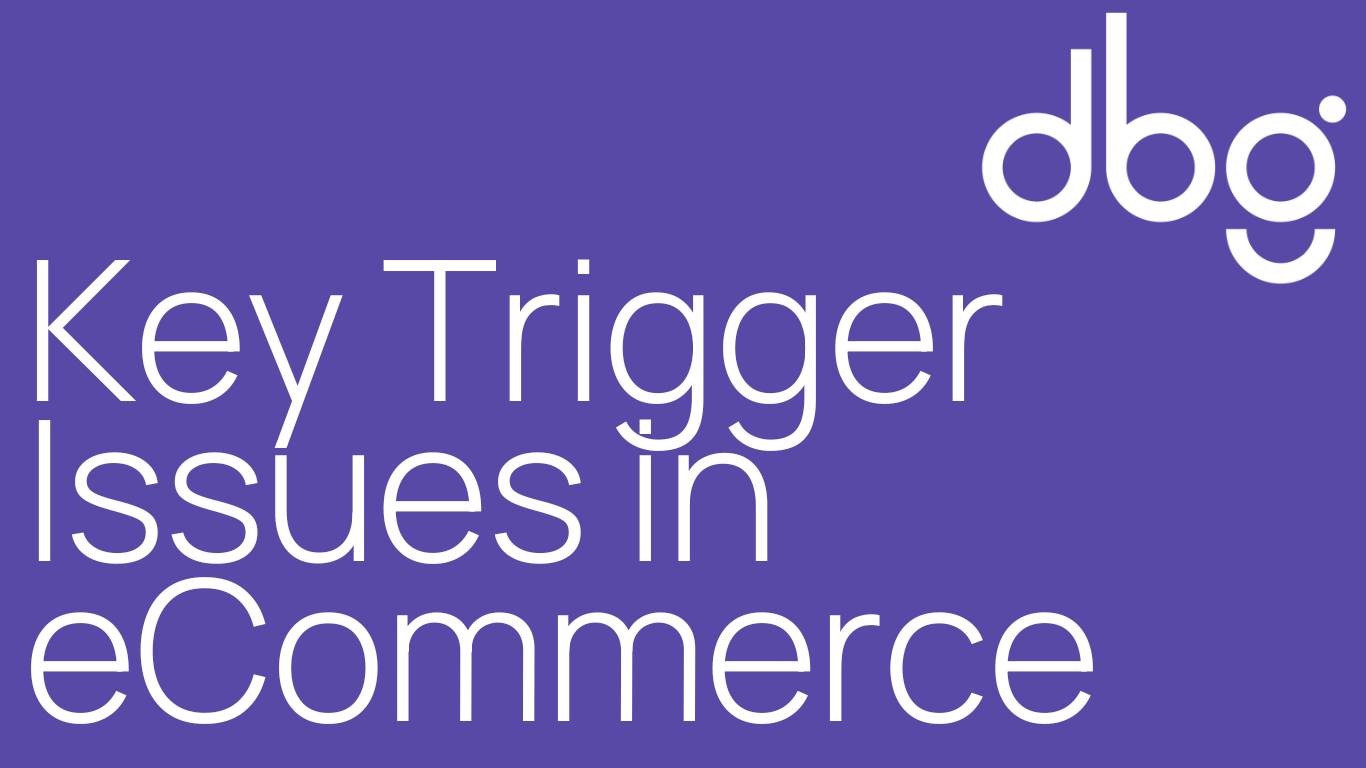 eCommerce companies often face various technical challenges that can significantly impact operations, sales, and customer experience.
eCommerce companies often face various technical challenges that can significantly impact operations, sales, and customer experience.
One of the most prominent issues relates to integration and data management. As eCommerce systems rely heavily on multiple platforms, from inventory management to customer relationship management (CRM) and shipping logistics, ensuring seamless integration is essential. Data issues often arise when there is a lack of synchronisation between these systems, leading to incorrect product information, order discrepancies, and missed opportunities.
These problems often result in a large number of support tickets to helpdesks, which can overwhelm customer service teams and cause delays in resolving critical issues. For eCommerce businesses, ensuring robust integration of all systems can help maintain a smooth operation, avoid customer dissatisfaction, and improve overall efficiency.
Checkout fraud and payment gateway issues are additional critical challenges in eCommerce. As more transactions move online, cybercriminals are increasingly targeting payment gateways to exploit vulnerabilities. Fraudulent activities can include identity theft, chargebacks, and payment card fraud, which can result in significant financial losses. A compromised payment system not only threatens the security of customer transactions but can also damage a business’s reputation. Customers expect their personal and financial information to be protected, and a breach can severely affect their trust in an online retailer. To mitigate these risks, eCommerce companies must implement secure, up-to-date payment gateways with advanced fraud detection measures. Adopting practices such as two-factor authentication (2FA) and tokenisation can significantly reduce the likelihood of fraud and ensure a safer shopping experience for customers.
DNS (Domain Name System) issues, spam, and secure certificates are IT-related challenges that are often overlooked but play a vital role in eCommerce security and site performance. DNS issues can cause websites to become temporarily unavailable or redirect to malicious sites, disrupting the user experience. This can lead to lost sales opportunities, damage to brand credibility, and a drop in search engine rankings.
Additionally, spam can flood contact forms, reviews, or even compromise communication channels, leading to an influx of irrelevant data and reduced operational efficiency. Secure certificates, such as SSL (Secure Socket Layer), are essential for encrypting data between the customer’s browser and the server. Without a valid SSL certificate, customers may see warning messages when trying to make a purchase, dissuading them from proceeding with their transactions.
For eCommerce companies, ensuring that the website is secure, functioning correctly, and able to provide a seamless customer experience is crucial to maintaining business integrity and customer loyalty. Regularly updating security certificates, addressing DNS issues promptly, and protecting against spam are essential practices for safeguarding an eCommerce site’s operations and reputation.
